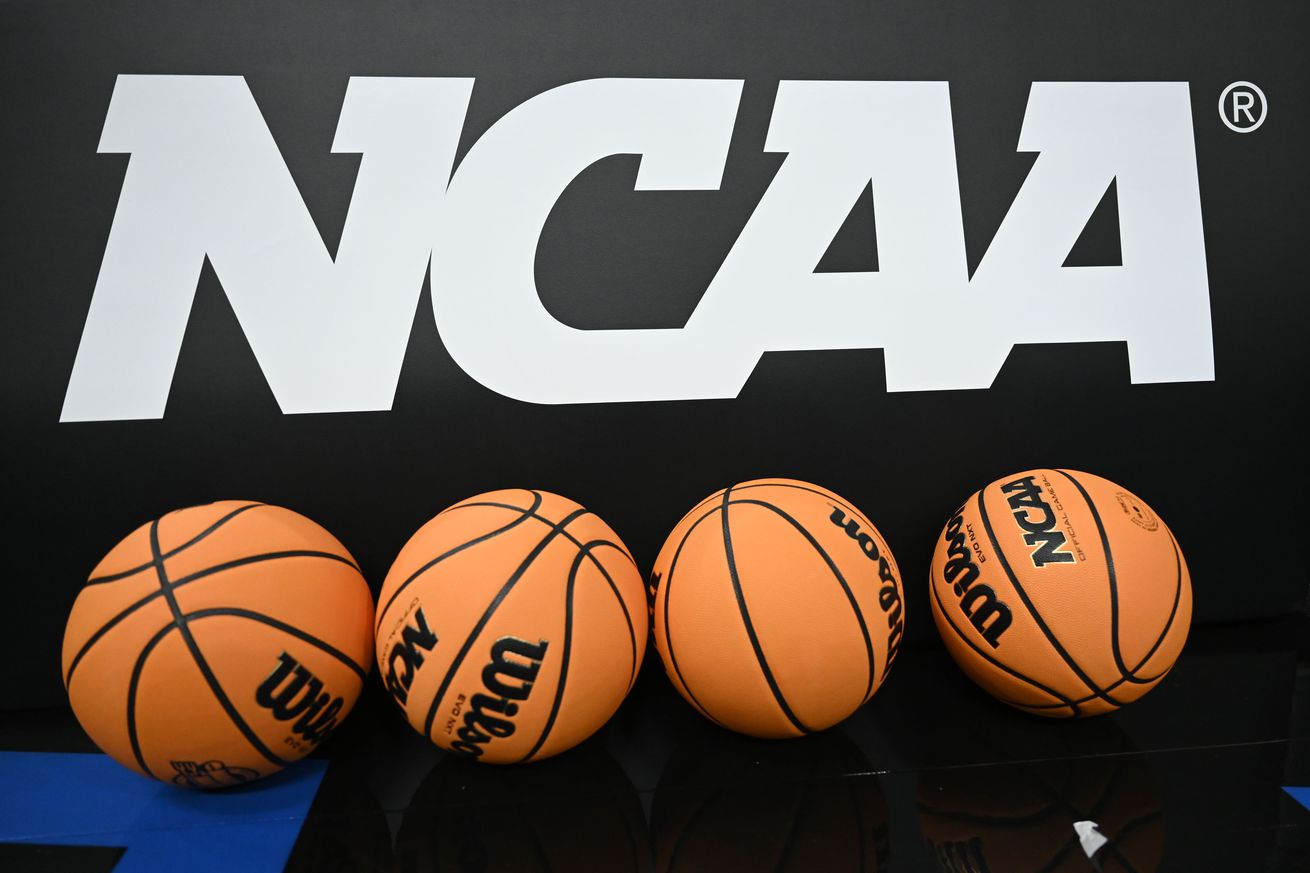
And it’s not because athletes finally get paid
Syracuse Orange athletics will look a lot different after Friday night’s completion of the House Settlement agreement.
The settlement clears the way for colleges to directly pay athletes, which is a good thing, but it has opened the door for more challenges, and a lot more court cases. Revenue sports are the biggest beneficiaries of this agreement in which schools will share revenue with their athletes. Football and men’s basketball athletes will get paid the most from their schools, but what does that mean for college sports as a whole?
Despite the P4 and NCAA claims that the new Deloitte-led “NIL Go” platform will control boosters paying athletes to attend (or transfer) to certain schools, the ridiculously-low $600 threshold for NIL deals to avoid review is just going to send college sports back to the days of “bag men and runners”.
It’s naive to think you can put the cap back on booster spending, just weeks after some schools have shelled out over $10m in deals to build rosters. Will this new third-party enforcement system have more teeth than the NCAA process? It seems like those in athletics don’t believe it will.
“There’s no enforcing this. F— Deloitte. This is going to get even crazier.”
I talked to more than a dozen sources across the Power 4 and NIL industry about how schools are prepping for the new era of revenue sharing in college sports.
Via @TheAthletic.https://t.co/hF9xHK4pWa
— Justin Williams (@Williams_Justin) June 7, 2025
The House Settlement also ushers in new scholarship and roster limits. This is a mixed bag because while many sports have seen scholarship increases, Olympic sports and walk-ons are facing major cuts. Current athletes have been grandfathered in, but moving forward there are a lot of opportunities which won’t exist.
There are also going to be cuts in the support services offered to athletes. As schools continue to add more staff to revenue sports and their own upper administration, people in positions across athletic departments will be squeezed out. That likely means schools cutting back in staff who don’t directly generate revenue and we could see P4 schools reducing academic requirements as they adopt a more professional sports model.
Fans will likely see the price of tickets and concessions rise. The fundraising phone calls will increase and with attendance at games facing the battle with the convenience of watching at home, where is the tipping point?
The lawsuits aren’t stopping after Friday’s decision so we’ll keep monitoring the changes. It’s a significant shift in the landscape of college sports, but we’re entering a period of uncertainty as those who closely follow the industry (and those in the industry) have no idea how it’s going to work out. Buckle up!
